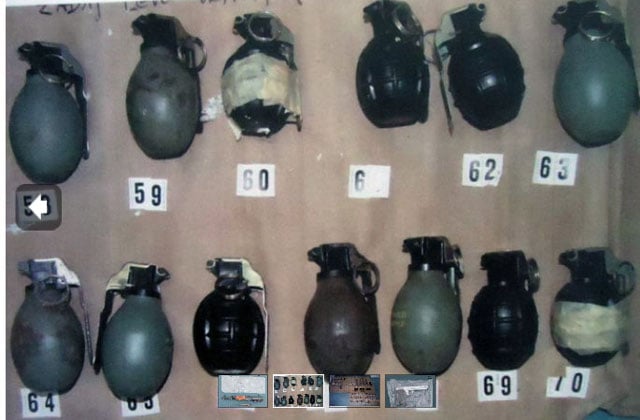The hope is that criminals will choose to give up some of the grenades that are in circulation during the proposed three-month amnesty between October 2018 and January 2019.
“With previous weapons amnesties some thousands of weapons have come in, but we have no experience of this kind (with grenades). This is the first time,” Justice Minister Morgan Johansson told DN.
“This is linked to criminal gangs who in general have increased access to weapons which they use against one another and against the judicial system. We must get these off our streets.”
According to DN there were 27 instances of grenades exploding in Sweden during 2016, compared to 10 in 2015. Swedish PM Stefan Löfven announced earlier this year that he wants the minimum penalty for carrying a hand grenade in the country to be quadrupled.
READ ALSO: Penalty for carrying grenades should be quadrupled, Swedish PM says
The proposal for an amnesty will be brought to the Riksdag in February.




 Please whitelist us to continue reading.
Please whitelist us to continue reading.